Fear of "off-wave"
Thuong Minh village in Minh Quang commune is a land with the wild and majestic beauty of the highland mountains of Tuyen Quang. In recent years, it has gradually transformed with the development of community tourism .
However, along with this significant development comes challenges in preserving the national cultural identity. Mobile phones cover the entire village, the internet penetrates every home, bringing new cultural flows. Children grow up in the digital age, familiar with popular songs on the internet, and Kinh gradually becomes the main language of communication, replacing Pa Then.
Teacher Phan Van Truong "stands in class" teaching Pa Then language to students - photo: Thanh Tung
- Are you going to school tomorrow?
- I have eaten already!
The situation of "grandfather asks chicken, grandchild answers duck" as above is quite common between the two generations in Thuong Minh. Usually, the elderly like to communicate in Pa Then language, while the younger generation only understands a little bit, some grandchildren cannot even speak, so the "out of sync" situation causes headaches and loss of sleep for the elderly.
Phan Van Truong understands that clearly. Being both the village youth union secretary and a "rare commodity" of the village having graduated from the Faculty of Pedagogy, Tan Trao University, he takes upon himself the responsibility of doing something to make the national language known to many young people.
So, every day he met with the elders to ask questions and chat, then carefully copied each word accurately with the hope of having a document to preserve the ethnic language. For many years he devoted himself to his idea, but what made Truong saddest was that the ancient Pa Then writing had been lost. When recording the Pa Then language, he still had to use common words to write according to the tone. For example: "The tree" is "to pa", "eating rice" is "no y", "drinking water" is "o o o"...
Many Pa Then people speak with different accents and breath sounds, making it difficult to write down. He said that language must be passed down orally, and that learning directly is the only way to absorb it, understand it thoroughly, remember it, and apply it. If you just write it down without studying, reading, or practicing, then the books will just be left in a box.
Then the unexpected joy came when the local government had a policy to restore Pa Then culture, including opening a folk song class. "Like a fish in water", his long-cherished dream "took flight", Mr. Truong volunteered to teach a folk song class for the villagers.
Remember "pu quo"
"Pu quac" is the first word that young teacher Phan Van Truong taught his students. In Pa Then language, "pu quac" means ancestors, origin.
He explained that the Pa Then people must remember "pu quo", just like the wild bird that forages for food never forgets to return to its nest, the leaves of the forest trees that fall after many years still return to their roots. Only by reminding their ancestors and roots can people grow up and mature; later, even if they die, their "soul" will still be recognized by their ancestors, without fear of getting lost.
The class has all ages, the youngest is 6 years old, the oldest is 60 years old. Mr. Truong said that each person who comes here has different purposes. The young ones come to learn the language, the older ones come to review, or simply want to listen and support young people who love their national roots. That is the encouragement and motivation for him to try his best.
The school teaches very easily. His explanations and analogies are very clear, so many people like to study. Hung Kieu Anh shared: "Mr. Truong's class has tests and homework, we can both study and practice, so we can absorb everything."
The lesson plan compiled by Mr. Truong has a total of 30 lessons. The lessons range from easy to difficult, starting with greetings, invitations to eat, invitations to drink, then gradually longer and more difficult conversations.
Everything is systematic, scientific , and easy to remember. Hung Thi Mai remembers it clearly: "Lesson 1 is how to say hello, lesson 2 is how to ask about health, lesson 3 is how to invite people to eat, invite people to drink water... I find that our ethnic language is not difficult, if you work hard, you will learn it right away."
According to Mrs. Hung Thi Tam, when her grandchild comes home from school, he immediately speaks to his grandparents and parents in Pa Then. There are days when the whole family teaches each other how to speak and pronounce. It's so much fun!
After more than a month of operation, Mr. Truong's class has achieved many results. Seeing the young people speaking their ethnic language makes him feel so happy and excited. Even though the class has ended, he still takes advantage of every moment and place to "sow" his ethnic language to his young students.
Truong shared: "To teach a language, you don't need to stand on the podium to teach. Just practice when you have the opportunity and it will become familiar. From meetings on the hills, playing sports , performing arts to youth union meetings, I take advantage of them all to talk and guide people to speak Pa Then language."
Known by many as a person passionate about his hometown Thuong Minh, over the past 10 years, Mr. Truong has been elected as Secretary of the Youth Union, actively participating in learning Pa Then folk songs to perform with members of the Thuong Minh village homestay art team on holidays and to welcome tourists.
Truong said he is always proud and lucky to be a Pa Then, born in the land of Thuong Minh with its unique and mysterious culture. Each person will have their own way of contributing to building their homeland and he will continue on the journey of preserving and conserving the identity of his ethnic origin with a heart full of responsibility.
Source: https://thanhnien.vn/miet-mai-giu-tieng-pa-then-185250706181253817.htm


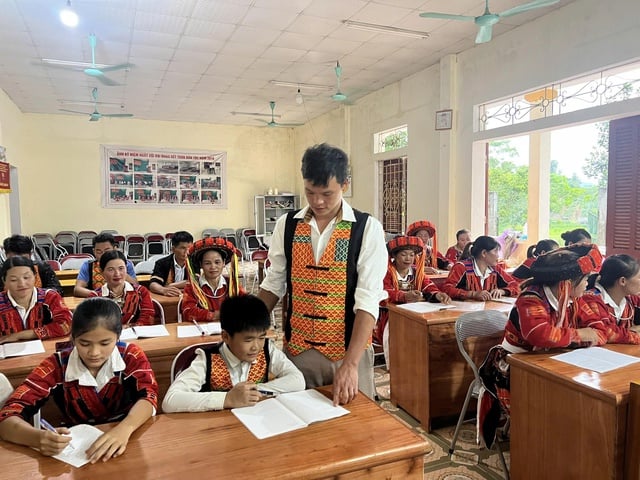








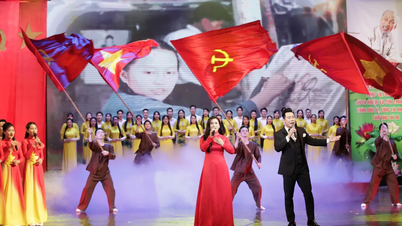

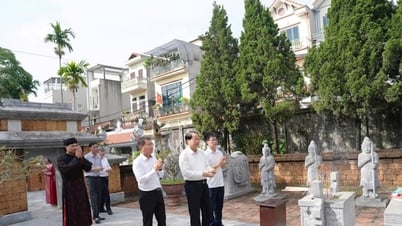






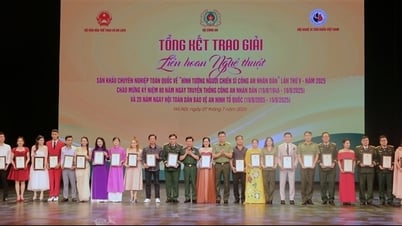

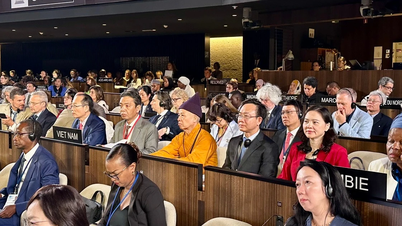














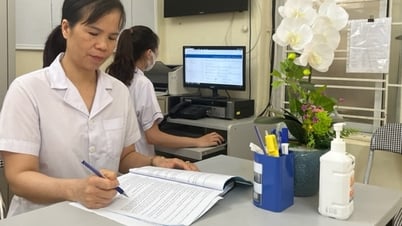
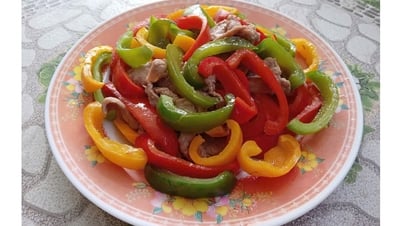

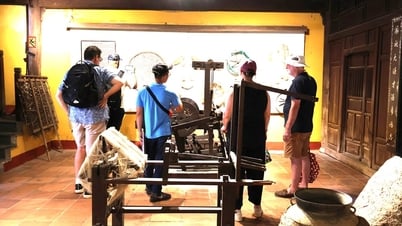
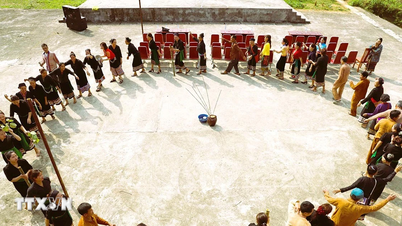
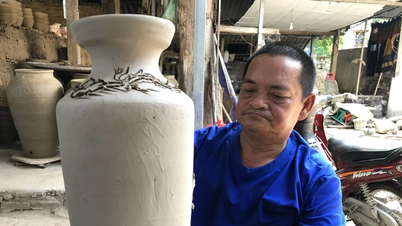

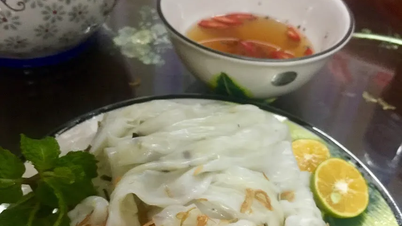
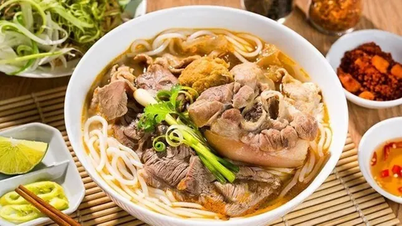

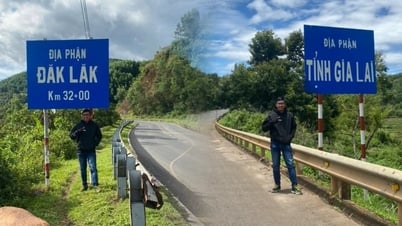

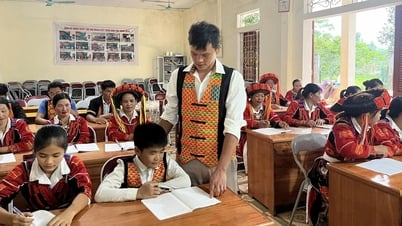

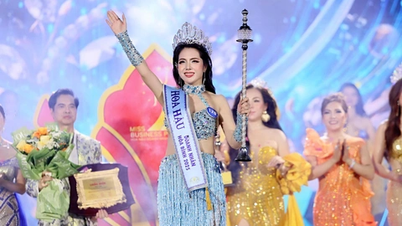




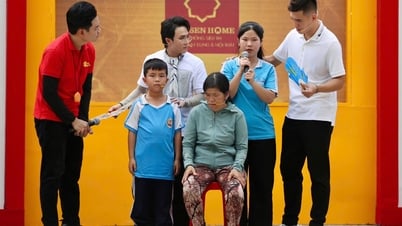

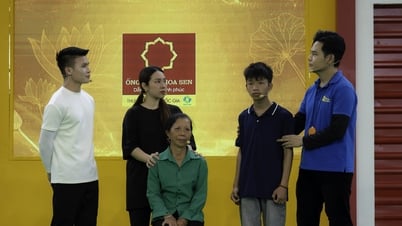
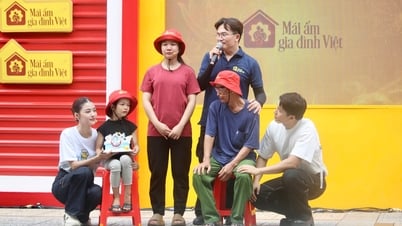
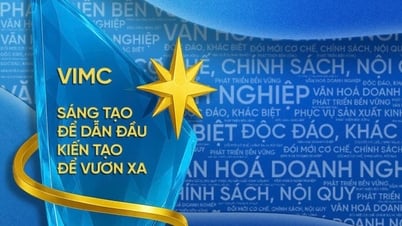

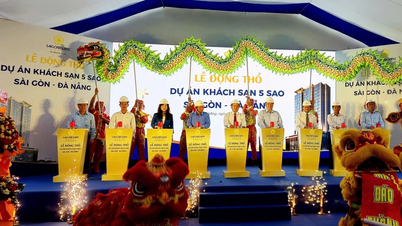
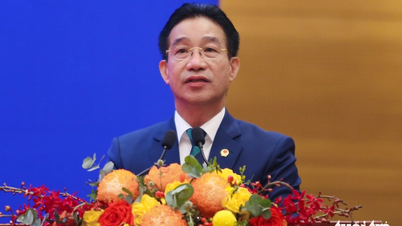




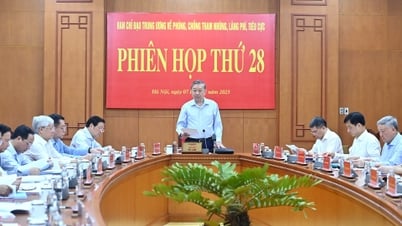


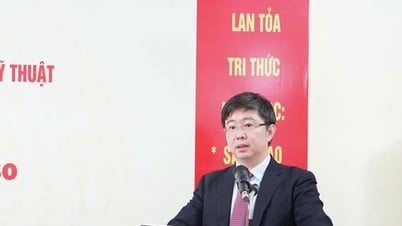



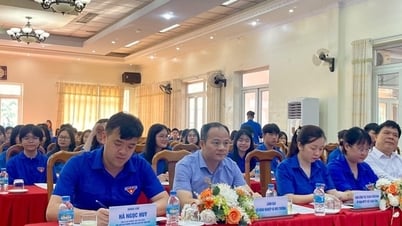

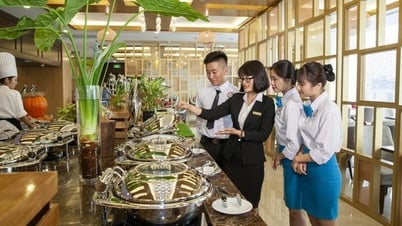
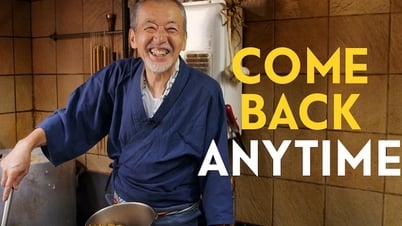


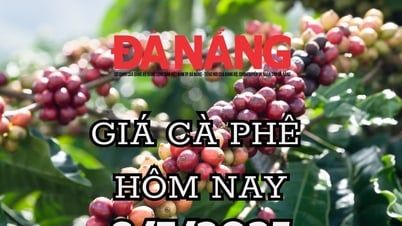
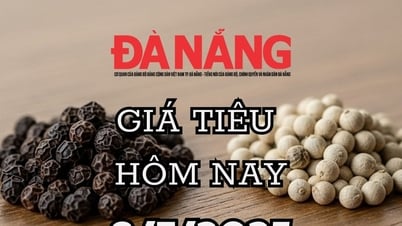


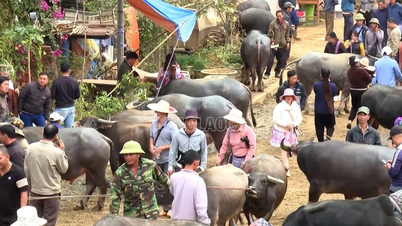













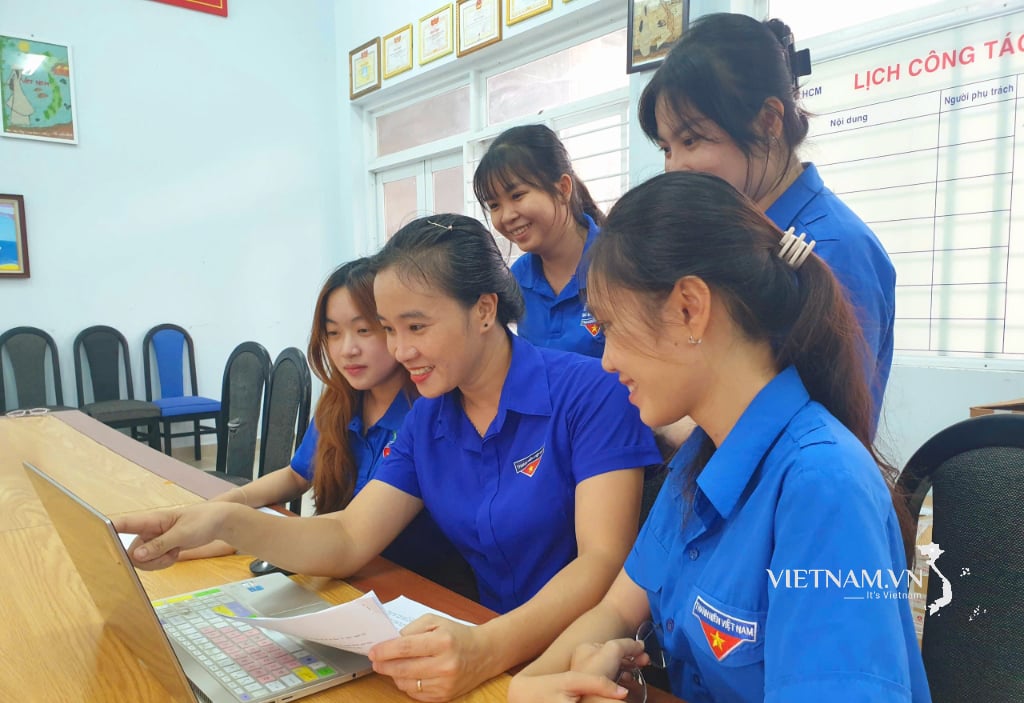
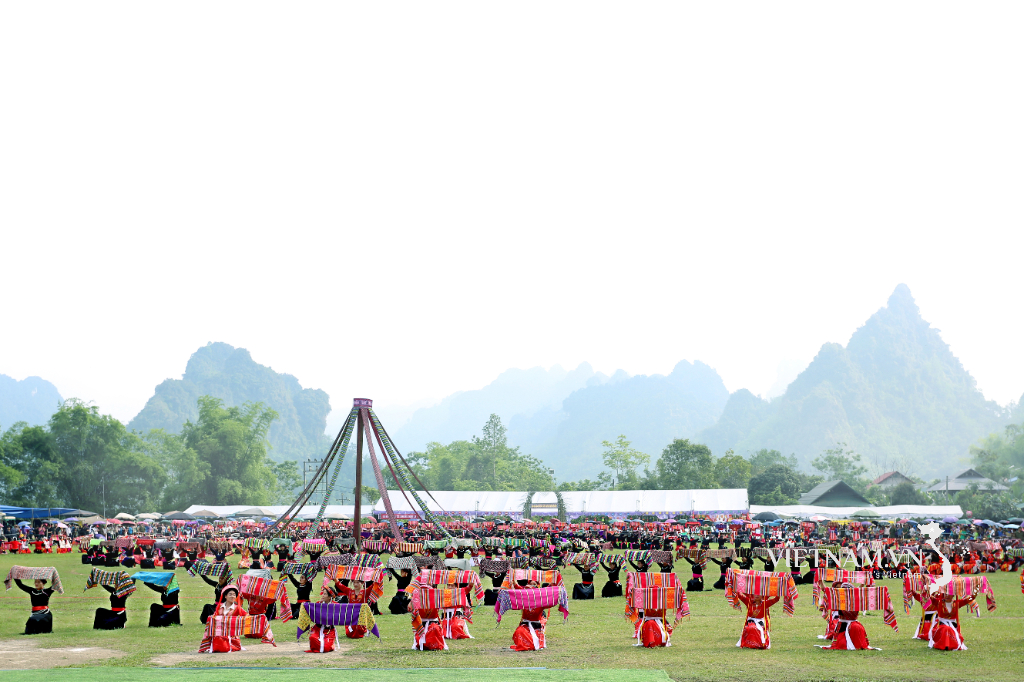
Comment (0)